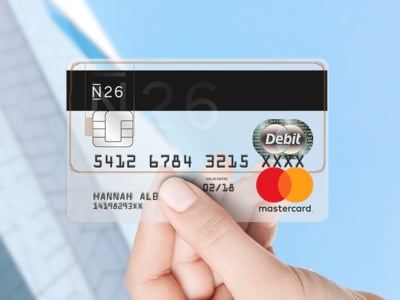Alicia Torrecilla Cortes like to call herself a “native expat”.
“I’m originally from Andalucia and moved back here after studying in the US,” she explains. “I work in Gibraltar, and live in Spain with my English expat boyfriend, and we have lots of friends in the expat community. I have an expat lifestyle.”
Working in Gibraltar – a British Overseas Territory – Alicia receives her salary in pounds.
“But all my expenses are in Euros. So I use CurrencyFair every month to transfer the majority of my salary.”
Alicia used to shop around, trying banks and other services to transfer her salary, but she says she felt she was wasting time and money on bad exchange rates.
“A colleague recommended CurrencyFair to me, and I haven’t looked back since then,” she says.
“I originally tried it because of a €30 referral gift that I received, but since using it have found it much cheaper than the bank and much more efficient than other companies that I have used in the past.”
Now when she transfers her salary each month, she knows she’s getting the best deal.
“It’s easy to use, efficient, and extremely competitively priced,” Alicia explains. “But best of all, CurrencyFair listens to their clients, and rewards our opinions and loyalty, too!”
CurrencyFair – founded by expats- lets individuals sell currency in exchange for buying another currency from someone else. Think of it as peer-to-peer transfers. It allows people to either exchange immediately using the best rate currently available, or offer your funds at a rate of your choosing and wait for another customer to match you.
And by cutting out a middleman such as a bank, customers can save up to 90 percent.
Want to give it a go? Find out more about CurrencyFair here
This article was produced by The Local and sponsored by CurrencyFair.



 Please whitelist us to continue reading.
Please whitelist us to continue reading.